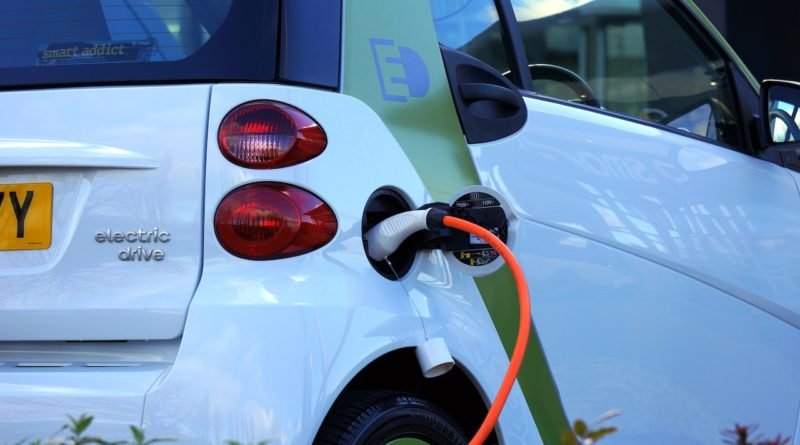Understanding How Smart Charging in Electric Vehicles Work
Over the last few years, electric vehicles are proliferating in the market. With incentives and constant efforts, governments all over the world are promoting the switch from internal combustion engines to electric vehicles. However, the additional energy demand placed on the electrical system by electric vehicle smart charging is an area that requires utmost attention.
What is an Electric Vehicle Smart Charging?
Comparing smart charging to conventional charging for electric vehicles is an excellent place to start. You would simply plug your vehicle into a charge station that is directly connected to the primary electrical grid to charge an EV utilising a conventional charging procedure. Up until the EV battery reaches 100% SoC, the car will charge at full power. The charging process will then automatically end.
Smart Charging, in contrast, is an autonomously managed and coordinated method of recharging an EV. By handling the Charging through a central computer system, the less effective method of consuming maximum power until the battery is full is avoided. The intelligent decision-making process used by the smart charging system automatically modifies the charging station’s power output. The smart system is capable of delaying the charging process or increasing power at any suitable time.
Benefits of Electric Vehicle Smart Charging
- Reduced Running Costs: An Electric Vehicle Smart Charging system allows drivers to maximise the efficiency of their electric car and lower the operating expenses associated with running it. Through the use of smart charging technology, it is possible to charge batteries faster and at cheaper rates, which in turn reduces the expenses incurred while running the car. Additionally, as this type of technology integrates with renewable energy sources, drivers can further reduce the amount of money they have to pay to keep their vehicles running.
- Improved Eco-Friendliness: Electric Vehicle Smart Charging systems enhance eco-friendliness by reducing pollution and harmful emissions associated with the use of internal combustion engine vehicles. Smart Charging helps reduce electricity wastage significantly and helps ensure that vehicles run on renewable energy. This reduces the amount of carbon dioxide that vehicles are responsible for, improving the environment and promoting sustainability.
- Increased Convenience: Electric Vehicle Smart Charging systems provide drivers with convenience, as it allows for more precise control over the Charging and discharging processes. With this technology, drivers can ensure that their vehicle is always running at optimal levels, eliminating the worry associated with battery draining. Furthermore, as it provides drivers with a better understanding and control over their energy consumption, they can better plan their journeys and utilise their resources most efficiently.
How Does Electric Vehicle Smart Charging Work
By using Smart Charging technology, users can connect their electric vehicle to Smart Charging Stations, Vehicle-to-Grid (V2G) Technology, and/or Smart Grids and Smart Metres, allowing them to manage their Charging more effectively. Smart Charging uses data analysis and automation to optimise the amount of energy being drawn from the grid.
It works by allowing the user to schedule their Charging according to their needs. This way, users can avoid peak electricity prices and reduce their energy bills. Additionally, Smart Charging can help increase the lifespan of an electric vehicle’s battery. By intelligently controlling the amount of Charging, Smart Charging prevents batteries from overcharging. This prevents overloading and keeps the battery in good condition for years to come.
Electric Vehicle Smart Charging also helps to reduce the strain on the power grid. By carefully managing the amount of energy being drawn from the grid, Smart Charging can avoid overloading and blackouts. As more people move toward electric vehicles, Smart Charging is essential in avoiding further strain on the grid. It is an important step towards a greener future, where electric vehicles can help decrease our carbon footprint.
Final Thoughts
In conclusion, Electric Vehicle Smart Charging technology is beneficial to help maximise the benefits of owning an electric vehicle and reduce the motors’ wear and tear. This advanced technology can lower the total cost of ownership by reducing fuel costs, making sure the battery is always functioning at its best, reducing battery degradation, and ensuring that the car is properly charged and ready to use before each trip. Electric Vehicle Smart charging is not just advantageous financially but also helps in reducing environmental impact by avoiding excess electricity production, which would ultimately result in increased air pollution. Electric vehicle owners who utilise this technology can enjoy superior performance, convenience and cost savings from their vehicles.




